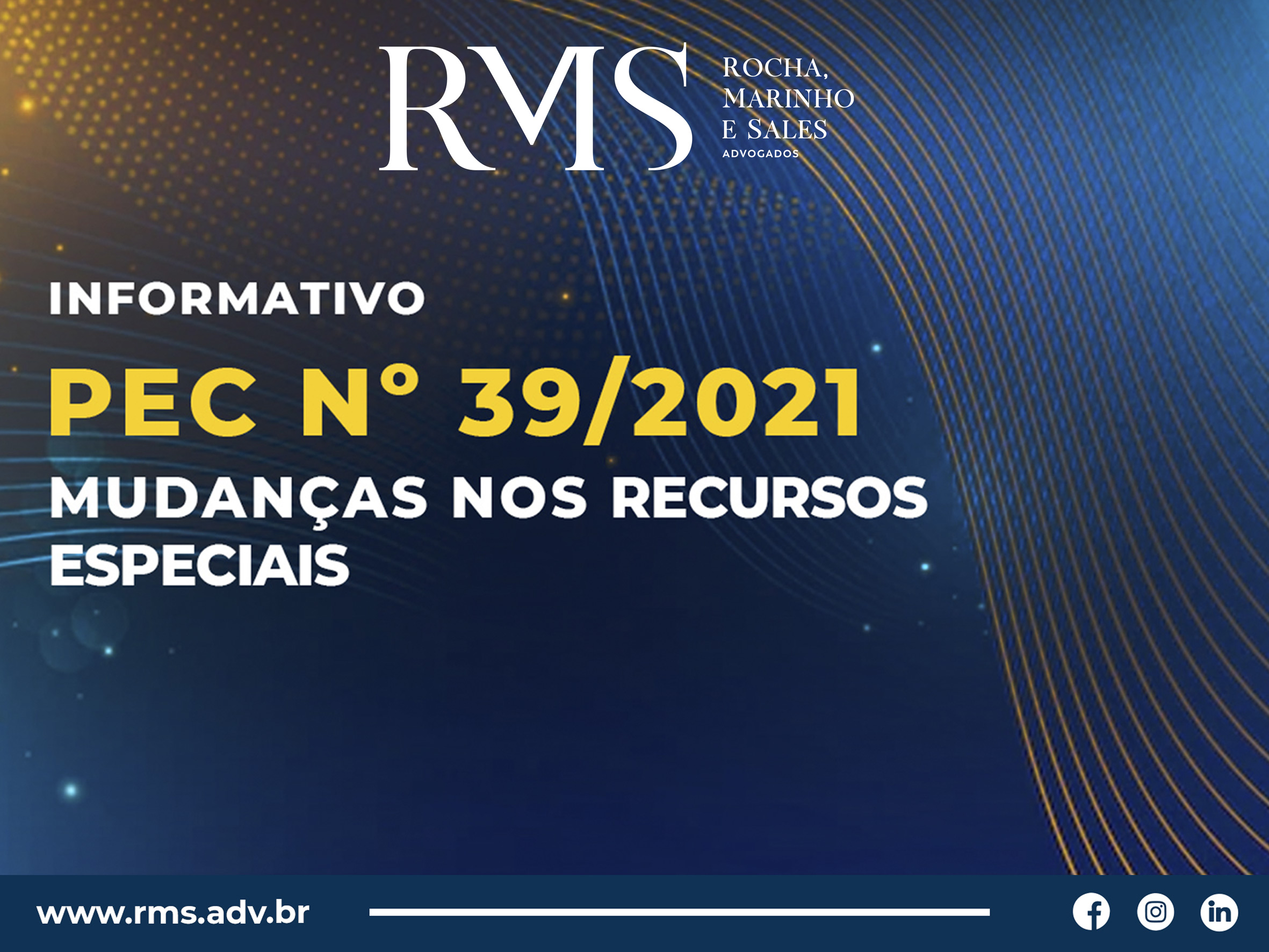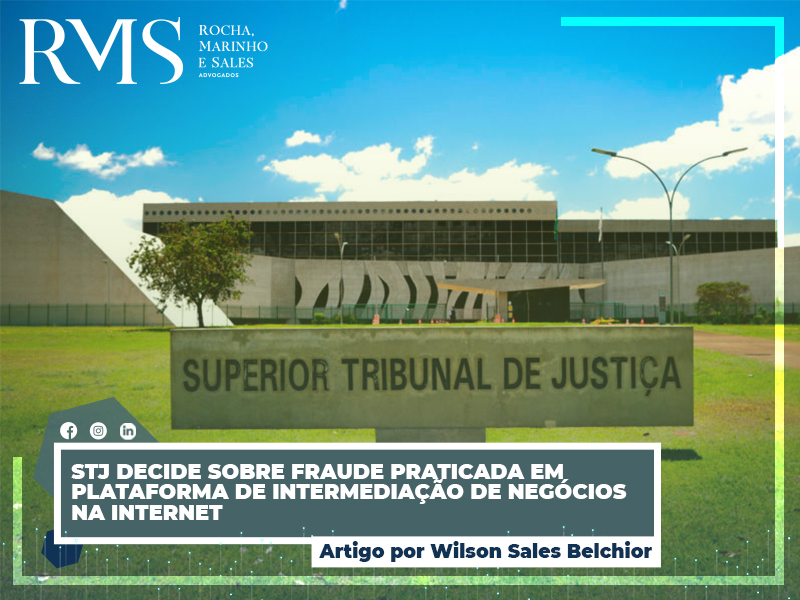STF decides that privatization of state-owned companies does not depend on authorization by specific law
15/02/2021

The Plenary of the Supreme Federal Court (STF), by majority, dismissed ADI 6241 / DF
The Plenary of the Supreme Federal Court (STF), by majority, dismissed ADI 6241 / DF in the known part, according to the vote of the rapporteur Minister Cármen Lúcia, Ministers Edson Fachin and Ricardo Lewandowski won. In this sense, the understanding prevailed that there is no need for a specific law to effect the privatization or extinction of a state-owned company, and the generic authorization provided for in the rule that carries out the privatization program is sufficient.
The ADI was proposed by the PDT arguing that “the specific law that authorizes the institution of a state-owned company cannot be derogated by the combination of a generic law and an illegal act”, in compliance with the principles of legality and symmetry or parallelism of forms.
The provisions of Laws 9.491 / 1997 (National Privatization Program – PND) and 13.334 / 2016 (Investment Partnership Program – PPI – aimed at expanding and strengthening the interaction between the State and the private sector) were questioned; Federal Decrees No. 10,007 / 2019 (privatization of the Brazilian Agency for the Management of Guarantee Funds and Guarantees), 10,008 / 2019 (privatization of the Company Gestora de Ativos SA), 10,054 / 2019 (privatization of the Casa da Moeda do Brasil) and 10,065 / 2019 (inclusion of the National Center for Advanced Electronic Technology SA in the PPI); as well as the Resolutions of the PPI Council of the Presidency of the Republic No. 83/2019 (Federal Data Processing Service) and 84/2019 (Social Security Technology and Information Company), which recommended the inclusion of public companies in the PPI in order to study privatization alternatives.
ADI was only known to the party that challenged the authorization to include state-owned companies in the privatization plan (art. 2, caput and item I, and art. 6, § 1, both of Law 9.491 / 1997). This was because it was not possible, according to the vote of the reporting minister, “to extract legal arguments regarding all the questioned articles of Laws n. 9.491 / 1997 and 13.334 / 2016 “, not being known, according to the STF jurisprudence,” of ADI in which the challenge to the rules is presented in a generic way “.
The controversy therefore delimited the “privatization without prior, specific and legislative authorization, of public entities whose institution was authorized by specific law”, that is, “if the authorization granted to the Head of the Federal Executive Branch to include a state-owned company in the Privatization Program would be constitutional or if there would be a need for a specific law to privatize these companies, considering, by the principle of symmetry, the requirement of this normative species for their creation ”(art. 37, XIX, CF / 1988).
Minister Cármen Lúcia explained in her vote that Law No. 9491/1997 applies the definitions of extinction of the state-owned company and privatization in different ways, events that also have different decision-making procedures. It was emphasized that “at the end of the privatization process, the mixed-capital company or public company will no longer exist: in privatization, because the shareholding control is no longer the State’s; in extinction, because the end of the legal entity has been decreed ”.
It is important to add, according to the information provided in ADI’s records, that the qualification of a company in the PPI or its inclusion in the PND are acts that are independent of each other, which lead to different results. Therefore, it does not mean that a partnership contract will automatically be signed or a privatization promoted.
The privatization process follows the flow: (1) the PPI Council recommends including the company in the PND through a resolution; (2) the President of the Republic ratifies the recommendation by decree; (3) BNDES conducts studies to evaluate the modeling; (4) the assessment by the TCU occurs; (5) the PPI Council approves the privatization model and parameters; (6) if necessary, legislative changes are made to make the bid feasible; (7) only after the completion of all rites does the auction take place.
In the vote, it was pointed out that “for the privatization of a state-owned company, the generic authorization provided for in the law that provides for a privatization program is sufficient”, an authorization that “is based on objectives and principles that must be observed in the different deliberative phases of the privatization process “, So that” the assessment of the head of the Executive Branch is linked to the legal limits and conditions provided for “.
This generic authorization corresponds to the “legal provision under which the Privatization Program is created”. For this reason, “the removal of public power from the control of a state-owned company or the extinction of that company by the end of its legal personality is a consequence of public policy authorized by the National Congress” in that set of rules that organizes the PPI and the PND.
Finally, the vote underlined the exception for cases in which the law establishing the state-owned company expressly provided for the need for a specific law for its extinction or privatization. In such cases, the public administrator must observe the legal standard.
This position was also supported by the STF case law (ADI 3577 and ADI 3578), which recognizes the need for a specific law to authorize the privatization of state-owned companies. Ministers Alexandre de Moraes, Dias Toffoli, Gilmar Mendes, Luiz Fux, Marco Aurélio, Nunes Marques, Roberto Barroso and Rosa Weber attended the vote.
Wilson Sales Belchior




